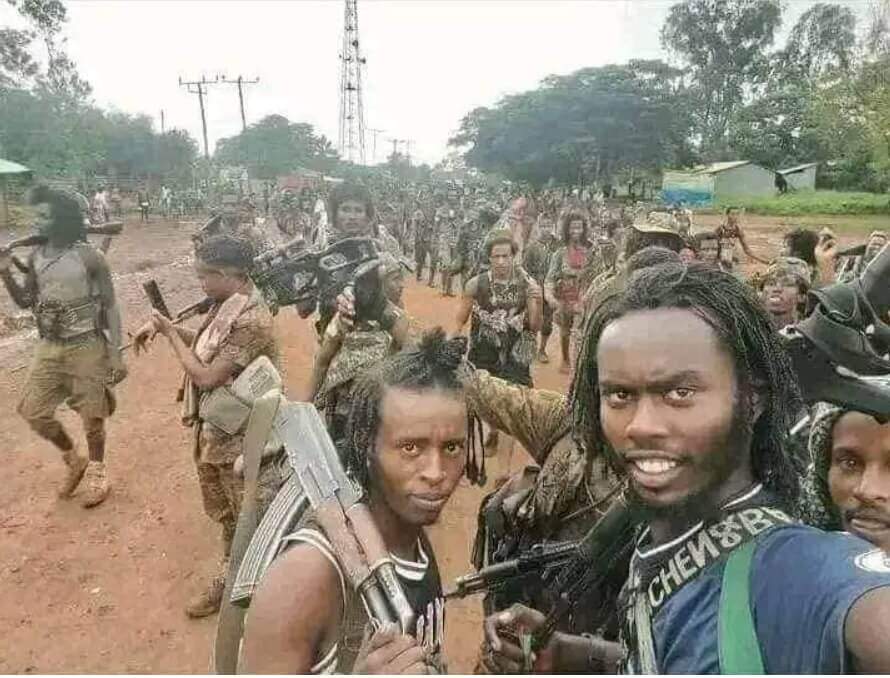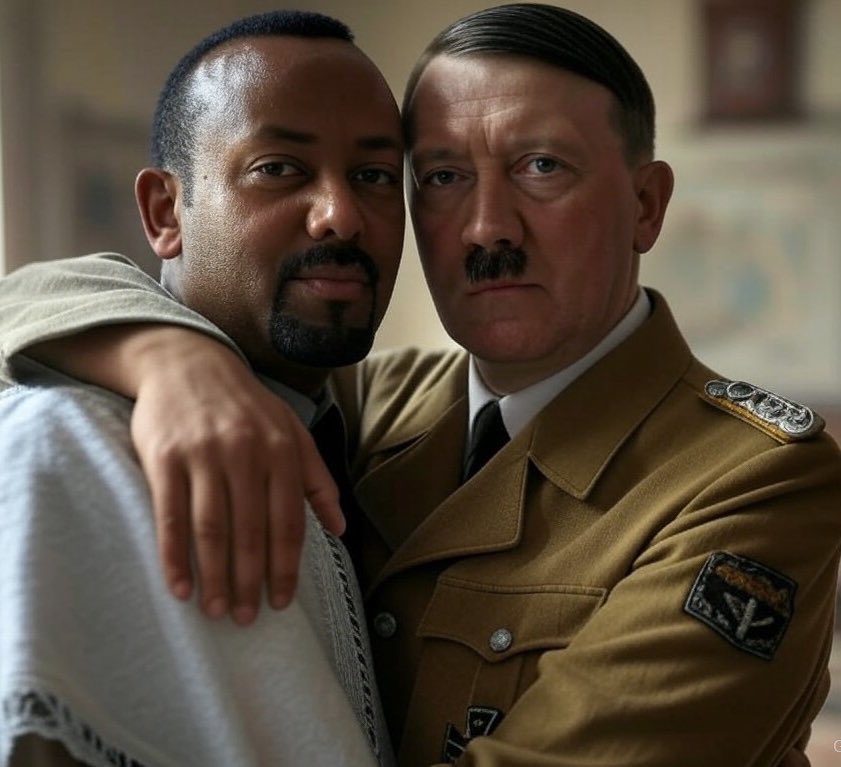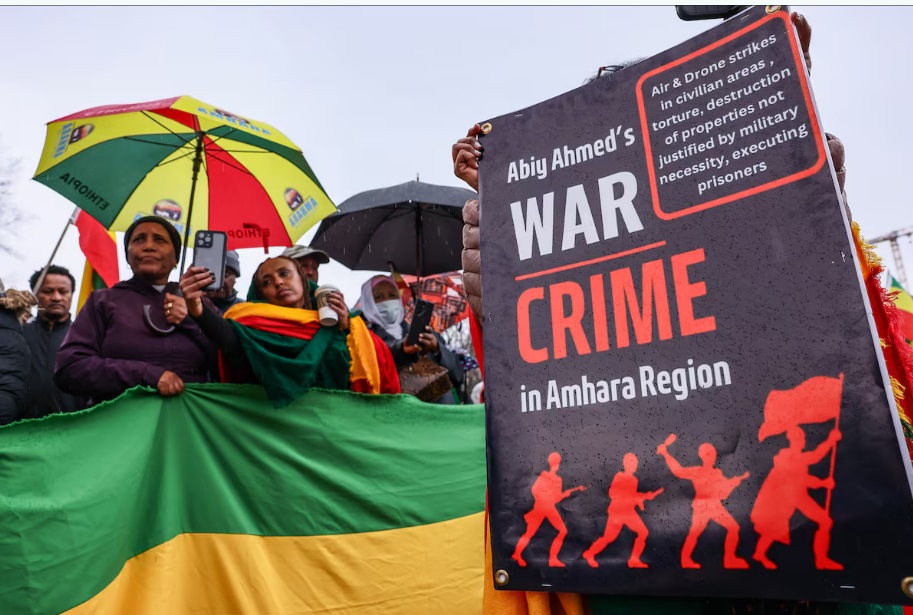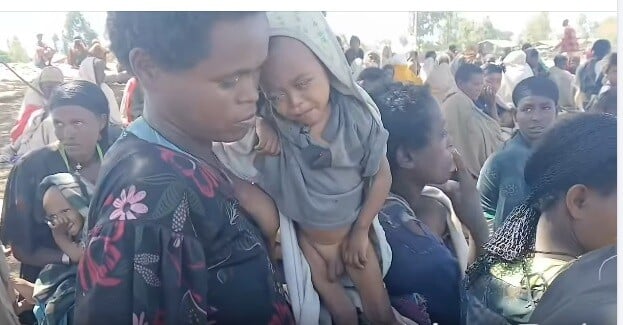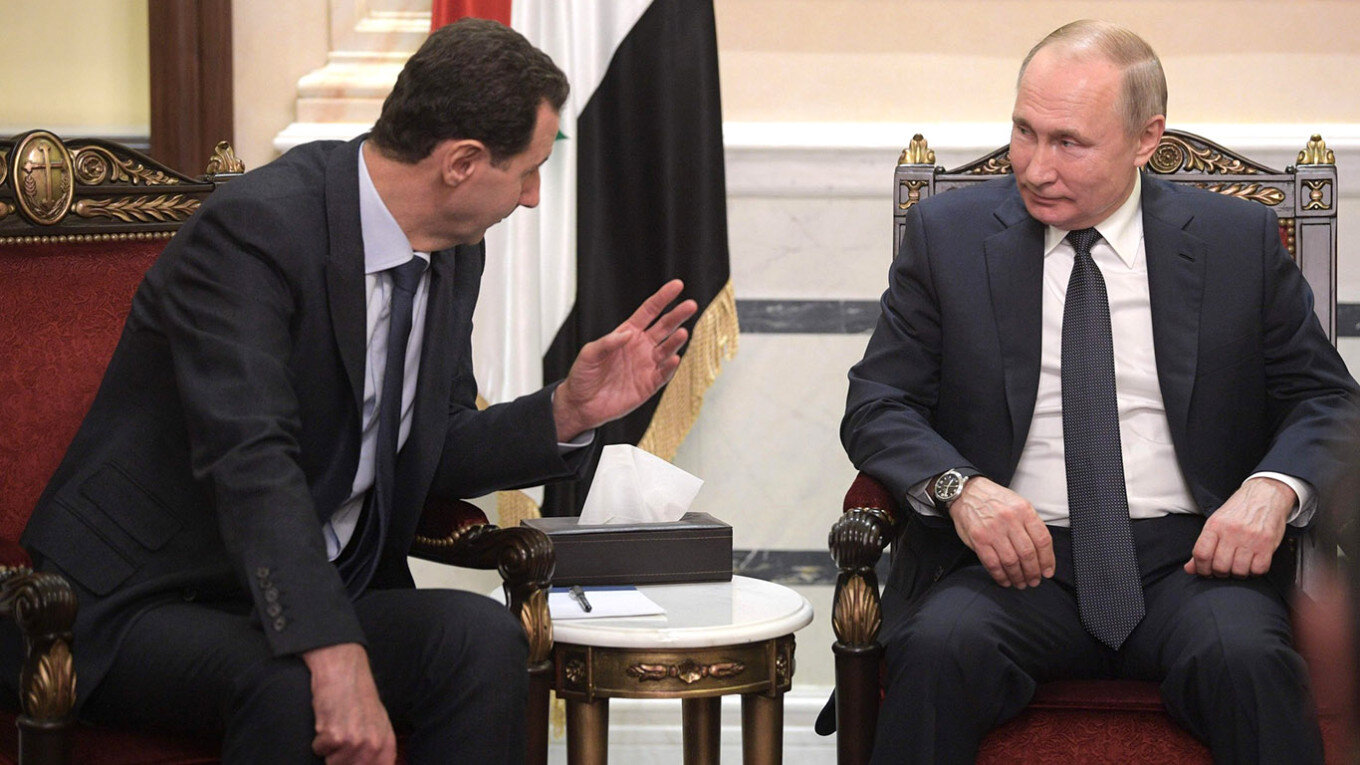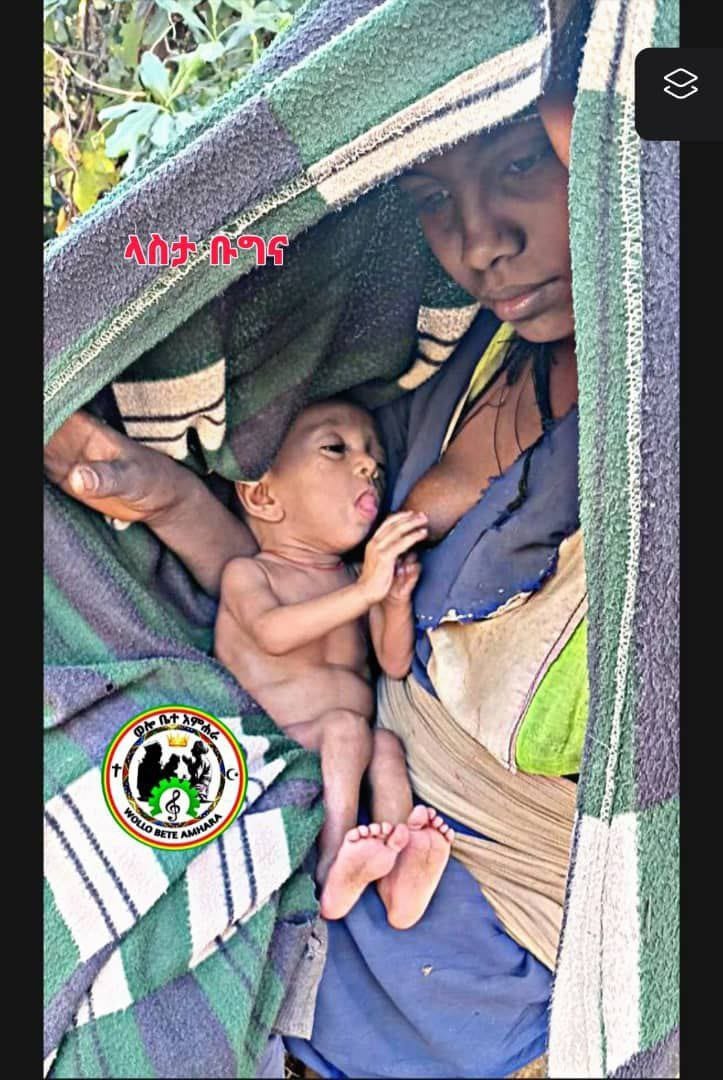Witnesses claim the attacks in Amhara region last month were carried out on those the TPLF suspected of supporting Ethiopian federal forces.
The alleged killings took place in the town of Kobo, located along the highway to the capital, Addis Ababa. Between 13-15 September, Tigray People’s Liberation Front (TPLF) fighters shot dead unarmed civilians they suspected of supporting federal forces and local militias, survivors have told the Guardian.
In one district of Kobo alone, witnesses counted 17 bodies of people killed over two days.
Fighting between Ethiopian federal forces and Tigrayan rebels erupted again in late August, shattering a six-month humanitarian truce. On 4 September the TPLF announced it had captured Kobo but in the past week rebels withdrew from the town amid fierce fighting with federal troops and Amhara militias.
Meanwhile, fighters were killing people and looting in Kobo, residents said.
“It started on Tuesday, 13 September. Before that day the Tigray fighters were intimidating residents, looting, and searching for hidden arms. There was no fighting inside Kobo when they committed the killings. Federal troops had already withdrawn weeks earlier and it was Tigray forces who had fully occupied the town,” said Bekalu*, a 47-year-old father of three who fled the town after witnessing the killings.
The extrajudicial executions were carried out during house-to-house searches by the rebels, according to the testimonies of seven survivors.
“On 14 September a group of Tigray fighters came to our neighbourhood. They were searching houses, harassing civilians they found inside and asking them where they hid weapons. They would torture those who replied that they didn’t have weapons.
“Then I began hearing gunshots and screams of neighbours. The fighters were shouting ‘kill them, they are dogs of Amhara militias’,” said Mekdes*, 29, who survived by hiding in a neighbour’s house.
Another witness told of seeing a woman and her son murdered. “I saw the Tigray fighters dragging out a mother and her teenage son from their house to the road. They viciously beat them. They were yelling at them: ‘Your husband is an Amhara militiaman.’ The mother was screaming: ‘That’s not true. Please stop, leave my son. We don’t have guns’,” said Sentayhu*, 53, a shopkeeper who fled Kobo after the killings.
“They shot both the son and his mother in the head. The woman, who I know by sight as a local resident, was in her 60s and her son was 17 years old. They looted everything in my shop. They threatened me to give them all the money I have, or they would kill me.
“I was relieved they stopped by looting the shop and did not shoot me like other residents. Terrorised by what I saw, I fled the next day, leaving behind everything I had,” he said.
Witnesses shared with the Guardian a list of the names and ages of some of the victims whose bodies they could identify, including women and teenagers.
Muluken*, a 25-year-old truck driver who lives in Addis Ababa, heard from his displaced relatives that four of his childhood friends had been killed.
“Communications to the town were cut off when the Tigray fighters controlled the town,” he said, “so there was no way to talk to my relatives there.
“Only last week, my cousins, who managed to flee to nearby towns outside the control of the Tigray fighters, gave me a call. That is when I learned about the execution of four friends,” he said. “As far as I know they were innocent, unarmed residents. Political activities or involvement in fighting groups were things they had no interest in.
“When my relatives notified me of their deaths over the phone, they told me the Tigray fighters first rounded them up together with other young residents they suspect of supporting the Amhara militias. Then they executed them. Their bodies were later collected by locals and buried in churches.”
The latest killing spree in Kobo is follows an earlier one just over a year ago. In February, Amnesty International reported that Tigrayan fighters had executed at least 24 unarmed civilians in and around Kobo, last year on 9 September. In its report, satellite imagery shows an increase in graves in sites where witnesses said victims were buried.
A spokesperson for the Tigray government did not respond to the Guardian’s requests for comment on the allegations of the killings in Kobo.
Extrajudicial killings and massacres by all sides have been documented throughout the conflict in northern Ethiopia, which will have continued for two years in November.
An initial report released last month by the UN international commission of human rights on Ethiopia, which was formed in December 2021 to investigate abuses during the war, concluded that there were reasonable grounds to believe that parties to the conflict had committed war crimes and human rights abuses, including extrajudicial killings, sexual violence and airstrikes on civilians.
Among other crimes, the report highlights that the Ethiopian government has used starvation as a weapon of war. It said it believed Tigrayan forces had committed war crimes and human rights abuses including large-scale killings of civilians in Amhara, sexual violence, widespread looting and the destruction of property in Kobo and Chenna.
Kaari Betty Murungi, chair of the UN human rights commission, said: “With a resumption of hostilities in northern Ethiopia, there is a very real risk of further civilian suffering and further atrocity crimes.”
Heavy fighting between federal forces and rebels is continuing, with Tigrayan leaders accusing the Eritrean government of launching a full-scale offensive alongside the Ethiopian army and local militias.
* Names have been changed to protect their identity

